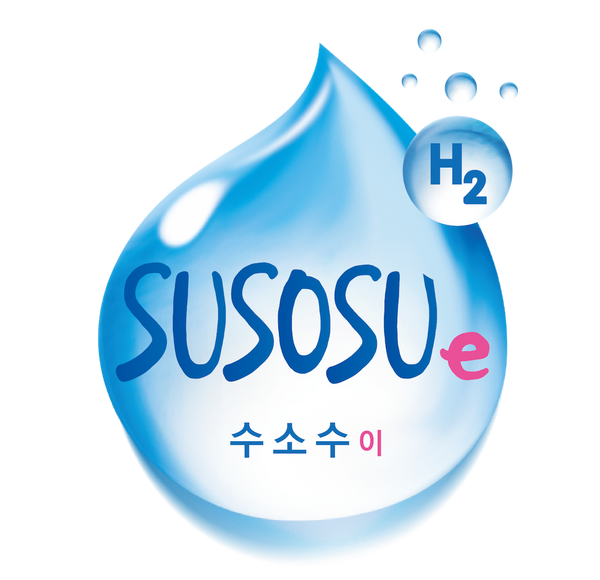
What Are Free Radicals And Why Are They Bad For The Body?
Share
You’ve been asking yourself the question, “What are free radicals?” Sifting through the countless studies is tiresome, so we’re going to summarize the research by providing an easy-to-follow explanation of what makes free radicals so bad.
We want to touch upon the science behind free radicals. But we want to do so in a way that’s easy to understand. In this article, we’re going to simplify what free radicals are, discuss why free radicals are bad, and explain the antioxidant benefits your body is always craving.
What Are Free Radicals?
So the body is continuously fighting oxidative stress. As oxygen throughout the body splits, it becomes single atoms with unpaired electrons. Since electrons prefer being in pairs, the atoms — called free radicals — are looking for other electrons to make a pair.
Free radicals are essential for the body. These atoms are responsible for taking air and food to create chemical energy. The chain reaction of free radicals is precisely what fuels this bodily function.
The immune system also demands free radicals. These atoms float throughout the veins, attacking foreign invaders and effectively protecting the body. One example of a free radical is hydrogen peroxide. Blood has small amounts of hydrogen peroxide, acting as an internal germ warrior. In essence, free radicals help the body defend itself from bacteria, showing their importance.
So where do free radicals come from? As a natural byproduct of breathing, the body is always producing free radicals. Mitochondria — the power plants of cells — take oxygen to generate energy. Once the oxygen is used, carbon dioxide is usually the result. However, sometimes, a superoxide radical, or an oxygen molecule missing an electron, is the byproduct. This is why superoxide is so prevalent in the body.
Other substances increase free radical production as well. Between the food we’re eating, the medicines we’re taking, and the water we drink, everything that promotes a change in the body results in free radicals. Some substances that are particularly known for promoting free radical production include fried foods, tobacco smoke, air pollutants, pesticides, and alcohol.
Why Are Free Radicals Bad?
Since free radicals are extraordinarily reactive molecules— single atoms with unpaired electrons — they’re inclined to take an electron as soon as possible. This means they’ll steal an electron from anything, such as DNA or a cell wall. Over time, this results in free-radical damage, and the cells are no longer performing as they should. In turn, diseases occur.
A plethora of diseases results from free radicals. This includes atherosclerosis, Alzheimer's disease, cardiovascular disease, Parkinson’s disease, cancer, as well as others. There is also be a link between free radicals and aging.
According to Christopher Wanjek, a health and science journalist and author in the U.S., evidence shows that free-radical damage gradually accumulates over time, resulting in the body aging. In fact, aging is actually the gradual accumulation of free-radical damage.
Rice University’s findings show that when free radicals form, they can spark a chain reaction. When a free radical takes an electron from a molecule, it’s destabilizing the molecule and transforming it into a free radical. This free radical then steals an electron from a different molecule, destabilizing it and transforming it into a free radical as well. Thus, a domino effect occurs, resulting in the disruption and damaging of the entire cell.
According to the Harvard School of Public Health, broken cell membranes can persist from a free radical chain reaction. This changes what is allowed to enter and exit the cell. These chain reactions are capable of altering the structure of lipids as well. In turn, the chance of a lipid getting trapped in an artery increases. Damaged molecules can also grow tumors and mutate. They’re even capable of altering the DNA code.
Antioxidant Benefits Of Susosu Water Hydrogen Water
So when it comes to free radicals, combatting their presence is essential to promoting good health. The way antioxidants react with free molecules helps them to become harmless. So how does this work?
When someone drinks Susosu Water hydrogen water, they’re taking in antioxidants. These antioxidants — through a multistep process — convert free radicals into benign water and oxygen gas molecules. As a result, the body can effectively defend itself from a buildup of free radicals.
A diet that contains plenty of antioxidants — mainly from hydrogen water, fruits, nuts, vegetables, and some meats — helps the majority of people in balancing their free radical levels. With this in mind, an antioxidant benefits the body by handling free radicals found throughout the body.
Interested in keeping your body vibrant, healthy, and happy? Drink Susosu Water Hydrogen water and experience the difference our pouches make.
